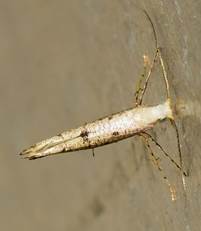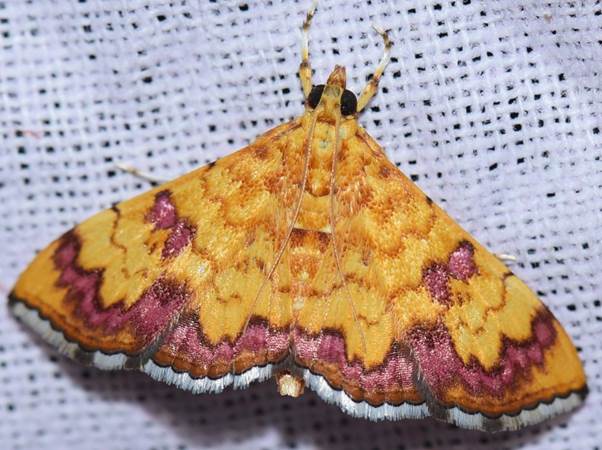New Delhi:(PIB) The Zoological Survey of India published a book entitled, ‘An illustrated guide to the Lepidoptera of India: taxonomic procedures, family characters, diversity and distribution’. The Book is authored by Dr. Dhriti Banerjee, Director, Zoological Survey of India (ZSI) along with Dr. Navneet Singh, Dr. Rahul Joshi and Dr. P. C. Pathania, Scientists of ZSI and a Lepidoptera expert from Hong Kong, Dr. R.C. Kendrick.

The present work is one of the outputs from the 6th Asian Lepidoptera Conservation Symposium, hosted by Zoological Survey of India (ZSI) in 2019, where a dire need was broadly discussed for a book which can guide both amateurs and professionals in the field of lepidopterology. The project was initiated during the lockdowns of the COVID-19 pandemic. Subsequently, the authors continually updated the information for four years and finally the outcome in form of this book.

This document aims to bring a summary of the main diagnostic characters for all the families and superfamilies of Butterflies and Moths found in India. Key attributes of the basal splitting and the superfamily compositions of various clades of Butterflies and Moths are summarized. The book outlines the methods to collect and curate voucher material in the field, taxonomic procedures followed in laboratory, superfamily and family level identification and the knowledge about the lepidopteran diversity and patterns of distribution, globally. Three chapters, authored by Paul Waring (UK), Mark Sterling (NHM, UK), Gaurab Nandi Das and Martin Konvicka (University of South Bohemia, Czech Republic) are dedicated to equip the readers with various techniques in lepidopterology.
Both academically technical and simpler, natural history field guide style is the core strength of the book .For India, this illustrated guide is the first ever of its kind. The diversity of global Lepidoptera is updated to 166,320 species, 143 families and 43 superfamilies, of which 13,124 species, 101 families and 31 superfamilies occur in India. Importantly, in this book, the authors rectified a taxonomic glitch and described a new family of Lepidoptera i.e., Heliocosmidae





